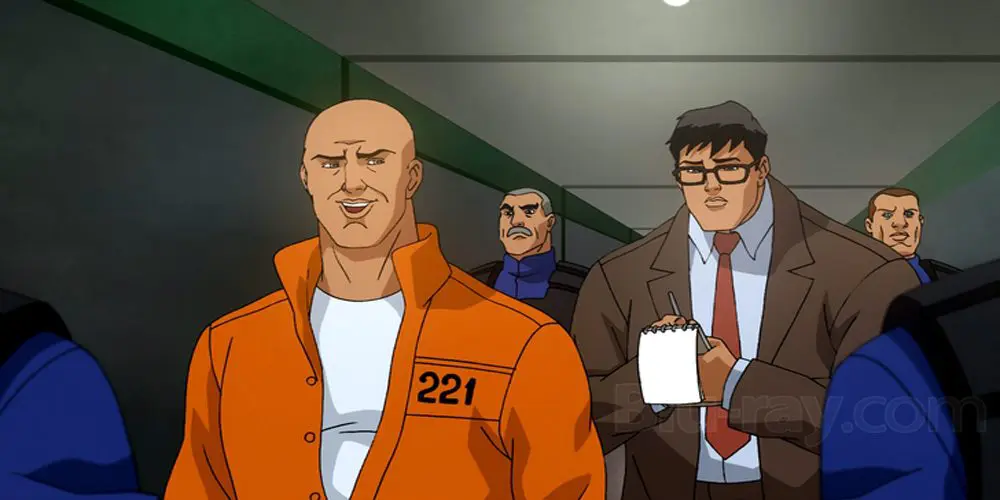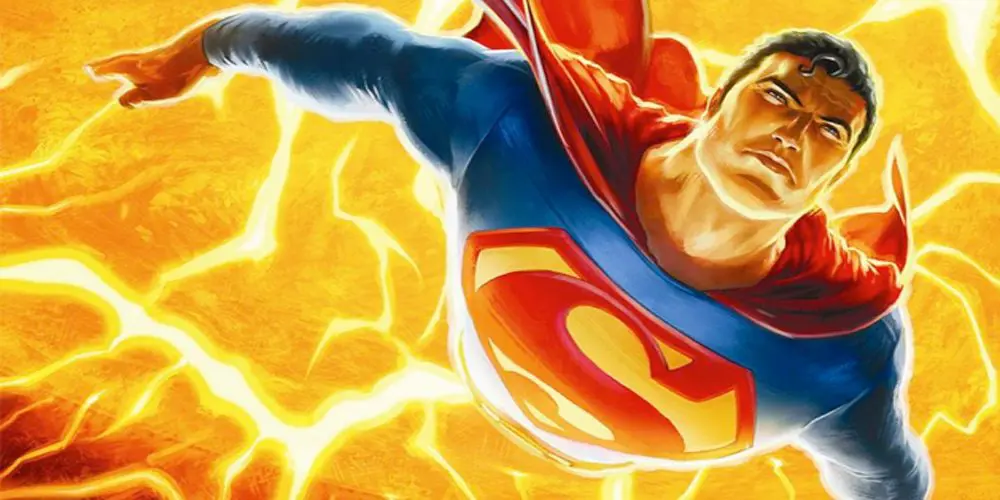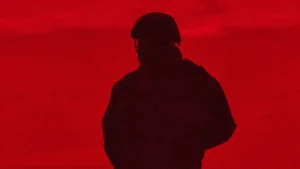Summary
Somewhat disappointing as an adaptation, All-Star Superman nonetheless tells an interesting tale of Superman’s final days, but something was undeniably lost in translation.
All-Star Superman is a DC Universe Animated Original Movie.
All-Star Superman is adapted from one of the most iconic, cerebral and visually-inventive Superman stories ever conceived – an out-of-continuity miniseries, written by Grant Morrison and illustrated by Frank Quitely, that recounted Superman’s last days. It explored every facet of Superman’s character and mythos through prophesized challenges; tackling his friends, his foes, and his legacy within 12 issues of beloved material. This film, the tenth DC animated original, was written by Dwayne McDuffie and directed by Sam Liu and is perhaps the most disappointingly overstuffed, undercooked translation of such material since Justice League: The New Frontier.
It should have been obvious that an animated feature film was a woefully insufficient format for a complex meditation on an iconic character’s very identity. But DC’s collaborations with Warner Bros. Animation have surprised me so consistently that I was willing to give All-Star Superman the benefit of the doubt. And the initial premise is so simple and efficient that it took a while for the creeping schizophrenia of the movie to really overwhelm me. In its opening scenes, Lex Luthor (Anthony LaPaglia) tricks Superman (James Denton) into a rescue mission that flies him a little too close to the sun. Oversaturated by solar radiation, Superman’s powers and intelligence exponentially develop, but at the expense of his squishy physical form. He’s terminally ill.
If you’ve ever wondered what Superman might jot on his bucket list, All-Star Superman has the answers you seek. In his final weeks, the Man of Steel sets out to ensure Earth’s continued safety against threats both local and cosmic; to settle some old scores; to forge some new bonds; to get his personal affairs in order; and, of course, to accomplish some more feats worthy of a statue in good old Metropolis. The original book interwove what were mostly standalone stories with a central dramatic thread that involved Supes, Lex, and Lois Lane (Christina Hendricks). The film limits itself to this core conflict and only indulges in deviations that further it in some way. Which makes sense, right? It’s a more focused and economical approach to a big, unwieldy story. But having excised all the tangential and fantastical storylines, All-Star Superman feels divorced from the anthology-style leanings of the source material, while still feeling as if it’s doing a little too much. It’s hard not to feel that some of the stuff that was included could have been trimmed here, here, and here, whereas some of the stuff that was left out should really have been there.

The film undeniably includes some wonderfully nuanced moments, but it leaves other poignant scenes by the wayside, and its very nature means that what is there can’t be given as thorough a treatment as it deserves. It’s simultaneously too much and not enough. It’s easy, especially during a saggy second act, to get the sense that this is several movies strung haphazardly together, and not a single, cohesive work. Even the good stuff feels largely superfluous. There’s a scene in which Supes, disguised as Clark Kent, trails behind a prison-breaking Luthor as the monstrous villain, Parasite, sucks the life out of the inmates. And it’s a fun scene, but I couldn’t tell you what purpose it really served as far as the broader narrative is concerned.
The voice work, at least, maintains a sense of real quality, even as the movie’s more outlandish aspects weigh it down. These are familiar characters played, in every case, by unfamiliar actors. James Denton is no Tim Daly, but what he lacks in fan-favorite familiarity he makes up for with measured introspection. The concept requires more than grunts and yells during action sequences; I’m particularly fond of LaPaglia’s Lex Luthor, who maintains a menacing edge even during his character’s failures and out-of-character realizations. There’s a treacherous, uneasy common ground that Luthor has to tread with Supes, and both actors make it work.
And, look, credit where it’s due: You won’t find this kind of narrative ambition in your typical Superman story. As skinny as McDuffie and Liu’s animated adaptation is, it retains some sense of what made Morrison and Quitely’s comic such a seminal work. It never really tries to ground Superman; to shrink him to relatable human proportions. It recognizes the limitless possibilities of him as a conception, this all-powerful alien demigod who can hurl landmasses and melt intergalactic computers with his eyes. Expanding outwards, incorporating the cosmos and not just Kansas, finds Superman at his most human – when he has to struggle, and I mean really struggle, that’s when he truly embodies the hardscrabble values he’s supposed to. All-Star Superman is a messy, confusing work, but it still understands that about the character. Superman works best when his audience is allowed to do the thing that DC’s biggest rival consistently commands: Marvel.




